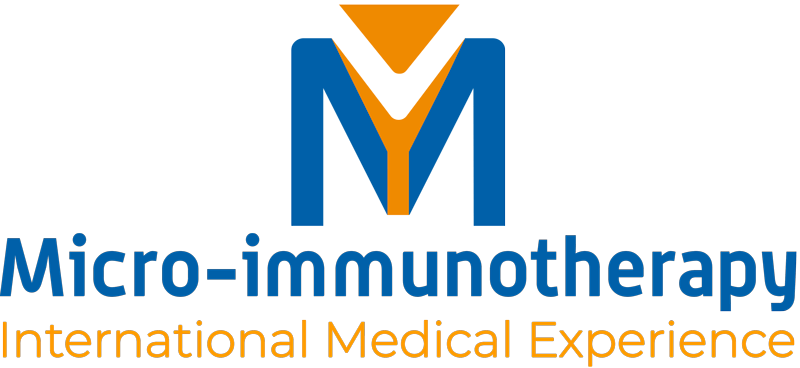(If you click on it, you will go directly to that part of the post)
Mitochondrial Health Through Micro-Immunotherapy
Mitochondria: Immune System Regulators Essential for Health
Except for erythrocytes (red blood cells), all human cells contain mitochondria, organelles whose main role is to supply cells with energy from nutrients like carbohydrates, fats and proteins. The proper functioning of all the organs in the body is essential for the production of enough mitochondrial ATP (adenosine triphosphate, the “energy currency”). In turn, insufficient production of ATP by mitochondria alters the functions of these organs. As a by-product of ATP production, large amounts of reactive oxygen species are produced that can cause excessive or silent inflammation. Hence it is important that the antioxidant systems in the body work well.
In addition, mitochondria and the immune system are closely interconnected. It is becoming increasingly apparent that mitochondria are essential players in the control of the immune function. They are not only the powerhouses of cells in general, but also the powerhouses of immune cells. Mitochondrial dysfunction will thus translate into an immune dysfunction.
What factors affect mitochondrial function?
Among the factors that negatively affect mitochondrial function and are thus detrimental for immunity and health are the following:
What is the Role of Mitochondria in Immunity?
More and more studies are showing the central role of mitochondria in innate immunity and the antiviral defence, as they are involved in the production of type I interferons, cytokines which are key for the antiviral immune response. They also take part in the reprogramming of immune cell metabolism from oxidative phosphorylation (slow-paced energy production) to glycolysis (fast-paced energy production), thus allowing the immune system to fight pathogens more efficiently.
regulation of inflammatory pathways. Their proper function is thus essential for the control of inflammation. Furthermore, mitochondrial dysfunction is associated with immunosenescence (the biological ageing process of the immune system), which is characterised by inflammaging and susceptibility to infections.
mitochondrial dysfunction and immune disorders such as chronic inflammation and deficient defence against pathogens, especially viruses, including SARS-CoV-2.
What is the Link Between Mitochondrial Dysfunction and Long COVID?
Does COVID affect mitochondria? Yes. Mitochondria are a strategic target for RNA viruses such as coronaviruses. These viruses manipulate mitochondria for their own benefit, altering their function to evade the immune response and ensure their own survival and replication. To do so they impair antiviral mechanisms which depend on mitochondria, like the aforementioned production of type I interferons, and favour the increase of oxidative stress, thus leading to excessive inflammation. Both of these mitochondria-related imbalances have been observed in COVID-19 patients. They also contribute to a severe course of COVID-19 and / or Long COVID.
Since mitochondrial dysfunction, uncontrolled inflammation and oxidative stress are all interrelated processes which underlie Long COVID, improving mitochondrial function is key to counteracting Long COVID.
Mitochondrial regulation with micro-immunotherapy to overcome Post-COVID
Recovering or maintaining mitochondrial health is fundamental to overcoming virus infections. How to “repair” these organelles after COVID-19? How to improve mitochondrial health? A healthy diet and exercise are of course indispensable on the way back to health. Micro-immunotherapy is also a great ally for a long-term recovery, as it targets the main root causes of Long COVID, the closely interrelated immune and mitochondrial mechanisms.
- A diet rich in antioxidants (carotenoids, polyphenols, vitamin E, C, D) helps protect the body from oxidative stress and provides nutrients and vitamins for mitochondrial health.
- Aerobic exercise contributes to increasing the number of mitochondria. Regular, moderate exercise helps eliminate dysfunctional mitochondria and produce new, more efficient ones.
- Micro-immunotherapy is your immunoregulatory ally to regain proper mitochondrial function. Through a specific composition and sequence of low doses of immune messenger substances (mainly cytokines), it aims at regulating mitochondrial function to counteract the onset and / or development of a post-COVID syndrome. Its objectives are to:
Are you looking for a treatment for Long COVID fatigue and other associated symptoms?
Take note of these tips and contact one of our doctors (see List of health professionals) or clinics to get a personalised, integrated treatment to overcome a persistent SARS-CoV-2 infection.
You can contact us any time to learn more about how micro-immunotherapy can help you treat Long COVID.

